When it comes to constructing and maintaining a wood fence, screws are an essential part of the process. They can be used to fasten the fence posts and panels together, as well as securing pickets, supports, and other components. With so many types of screws available, it can be difficult to know which are best for your particular fence. In this article, we’ll take a look at the different types of screws available, the benefits of using them, and the best screws for different applications.
Table of Contents
What Are the Best Screws for Wood Fence?
The best screws for wood fence will depend on the type of fence you are constructing and the type of wood you are using. Generally, the best screws for a wood fence are made from stainless steel, which is strong and resistant to corrosion. Wood screws should also be long enough to penetrate the wood, and have a coarse thread or sharp point to ensure a secure grip.
In addition to stainless steel, other materials such as galvanized steel, brass, or aluminum can also be used. However, these materials are not as strong and may not hold up as well over time.
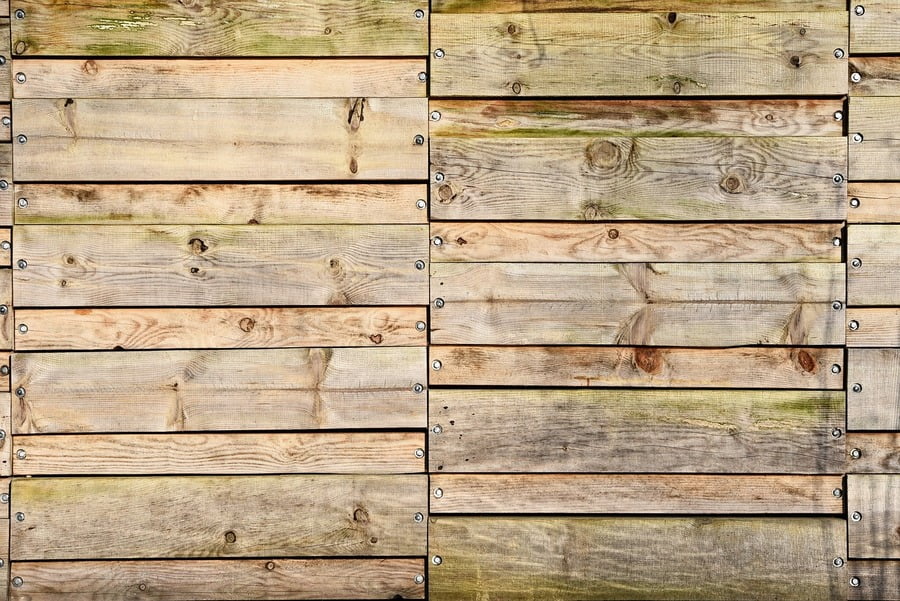
Types of Screws for Wood Fence
There are several types of screws available for wood fence construction. The most common types are screws with flat head, round head, pan head, and trim head.
Flat head screws are the most common type of screws used for wood fence construction. They have a flat head that sits flush with the surface of the wood, making them ideal for a variety of applications.
Round head screws have a round shape to the head, which helps to provide a more secure grip. These screws are used for fastening pickets, posts, and other components.
Pan head screws have a flat head with a small raised lip. This makes them ideal for attaching fence panels and pickets.
Trim head screws are slightly larger than flat head screws and have a slightly raised head. These screws are used to attach trim to the fence.
You may also want to read about heavy duty wood screws and deck screws.
Benefits of Using Screws for Wood Fence
There are several benefits to using screws for wood fence construction. One of the main benefits is that they provide a stronger and more secure grip than nails. This means that they are less likely to become loose or pull out over time.
Screws are also easier to install than nails. They can be inserted quickly and easily, and they don’t require any additional tools or materials.
Finally, screws are more aesthetically pleasing than nails. They don’t leave any unsightly marks on the wood, and they can be painted or stained to match the color of the fence.
Different Screws for Different Applications
When choosing screws for your wood fence, it is important to select the right type for the application. For example, flat head screws are best for attaching pickets, posts, and other components, while pan head screws are best for attaching panels and trim.
It is also important to select the correct size of the screw. Generally, the length of the screw should be equal to the thickness of the wood plus one inch. For example, if the wood is 1 inch thick, the screw should be 2 inches long.
Size of Screws for Wood Fence
The size of the screw you use will depend on the type of wood you are using and the thickness of the wood. Generally, the length of the screw should be equal to the thickness of the wood plus one inch.
For example, if the wood is 1 inch thick, the screw should be 2 inches long. If the wood is 2 inches thick, the screw should be 3 inches long.
Best Screws for Outdoor Wood Fence
When constructing an outdoor wood fence, it is important to choose screws that are resistant to corrosion and rust. Stainless steel screws are the best choice for outdoor fences, as they are strong, durable, and corrosion-resistant.
In addition, screws with a coarse thread or sharp point are ideal for outdoor fences, as they provide a secure grip. It is also important to choose screws that are long enough to penetrate the wood, as this will ensure a stronger hold.
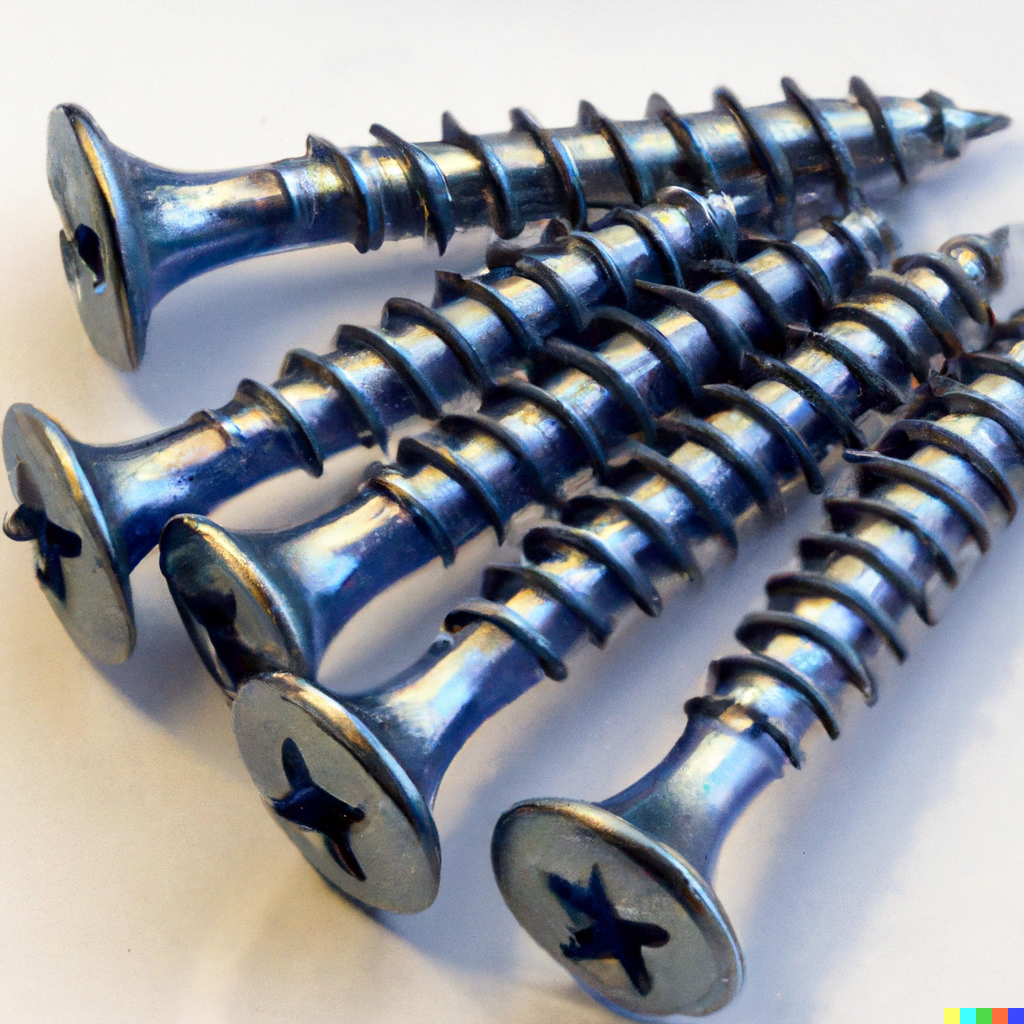
Best Screws for Wood Fencing Pickets
When attaching wood pickets to a fence, it is important to choose screws that are strong and corrosion-resistant. Stainless steel screws are the best choice for this application, as they are strong and durable.
In addition, it is important to choose screws that are the correct size for the pickets. Generally, the length of the screw should be equal to the thickness of the picket plus one inch. For example, if the picket is 1 inch thick, the screw should be 2 inches long.
Best Screws for Wood Fence Panels
When attaching wood fence panels to a fence, it is important to choose screws that are strong and corrosion-resistant. Stainless steel screws are the best choice for this application, as they are strong, durable, and corrosion-resistant.
In addition, it is important to choose screws that are the correct size for the panels. Generally, the length of the screw should be equal to the thickness of the panel plus one inch. For example, if the panel is 1 inch thick, the screw should be 2 inches long.
Best Screws for Wood Privacy Fence
When constructing a wood privacy fence, it is important to choose screws that are strong and corrosion-resistant. Stainless steel screws are the best choice for this application, as they are strong, durable, and corrosion-resistant.
In addition, it is important to choose screws that are the correct size for the privacy fence. Generally, the length of the screw should be equal to the thickness of the wood plus one inch. For example, if the wood is 1 inch thick, the screw should be 2 inches long.
Best Screws for Treated Wood Fence
When constructing a treated wood fence, it is important to choose screws that are resistant to corrosion. Galvanized steel screws are the best choice for this application, as they are strong and corrosion-resistant.
In addition, it is important to choose screws that are the correct size for the treated wood fence. Generally, the length of the screw should be equal to the thickness of the wood plus one inch. For example, if the wood is 1 inch thick, the screw should be 2 inches long.
Best Wood Screws for Fencing
When constructing a wood fence, it is important to choose screws that are strong and corrosion-resistant. Stainless steel screws are the best choice for this application, as they are strong and durable.
In addition, it is important to choose screws that are the correct size for the wood fence. Generally, the length of the screw should be equal to the thickness of the wood plus one inch. For example, if the wood is 1 inch thick, the screw should be 2 inches long.
What Are the Best Screws for Wood Fencing?
The best screws for wood fencing will depend on the type of fence you are constructing and the type of wood you are using. Generally, the best screws for a wood fence are made from stainless steel, which is strong and resistant to corrosion. Wood screws should also be long enough to penetrate the wood, and have a coarse thread or sharp point to ensure a secure grip.
In addition to stainless steel, other materials such as galvanized steel, brass, or aluminum can also be used. However, these materials are not as strong and may not hold up as well over time.
You may also want to read about the best subfloor screws and the best cabinet screws.
Conclusion
Screws are an essential part of wood fence construction and maintenance. With so many types of screws available, it can be difficult to know which are best for your particular fence. In this article, we’ve discussed the different types of screws available, the benefits of using them, and the best screws for different applications. When selecting screws for your wood fence, it is important to choose those that are strong and corrosion-resistant, and the correct size for the application. With the right screws, your fence will last for years to come.
Disclaimer: This article is intended for informational purposes only and does not constitute professional advice. Always consult with a licensed contractor or construction professional for your specific needs.

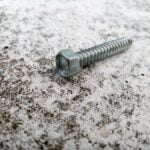
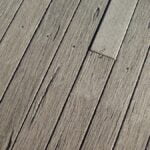
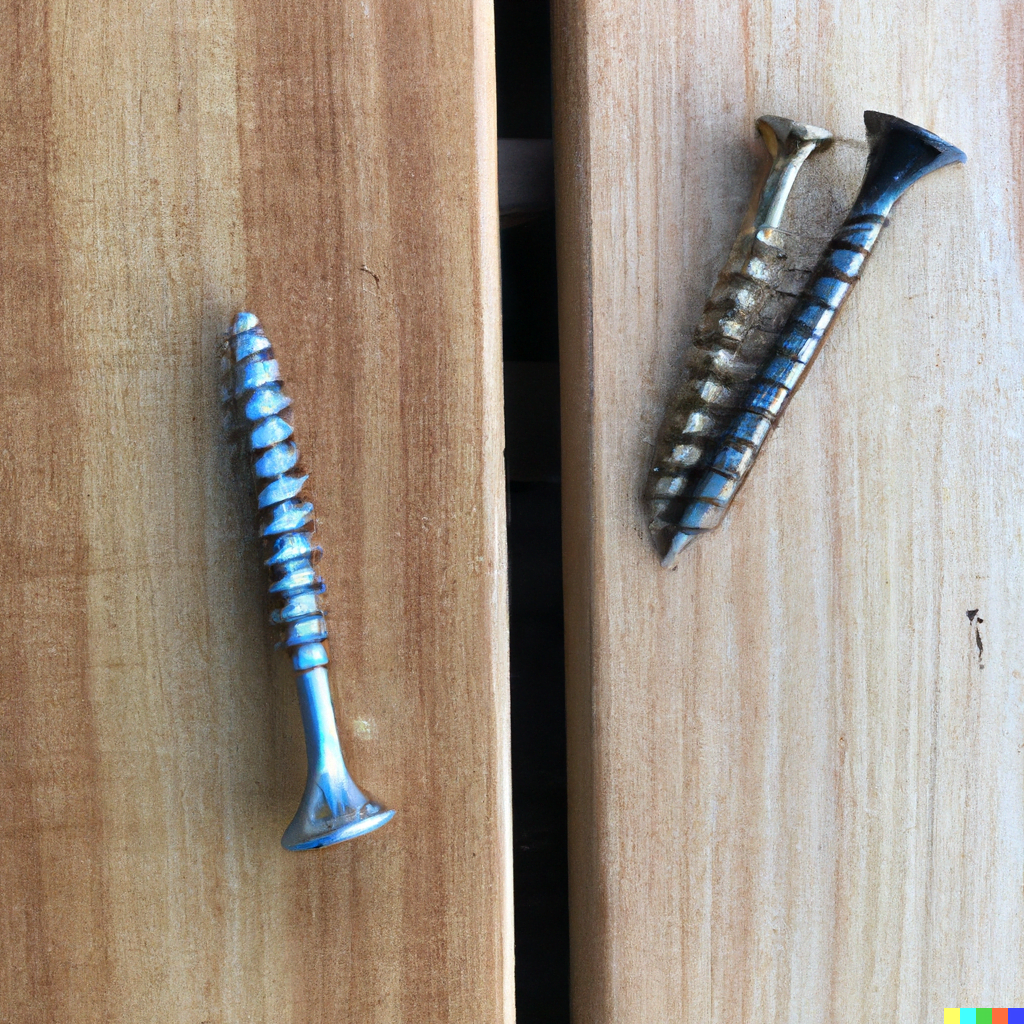
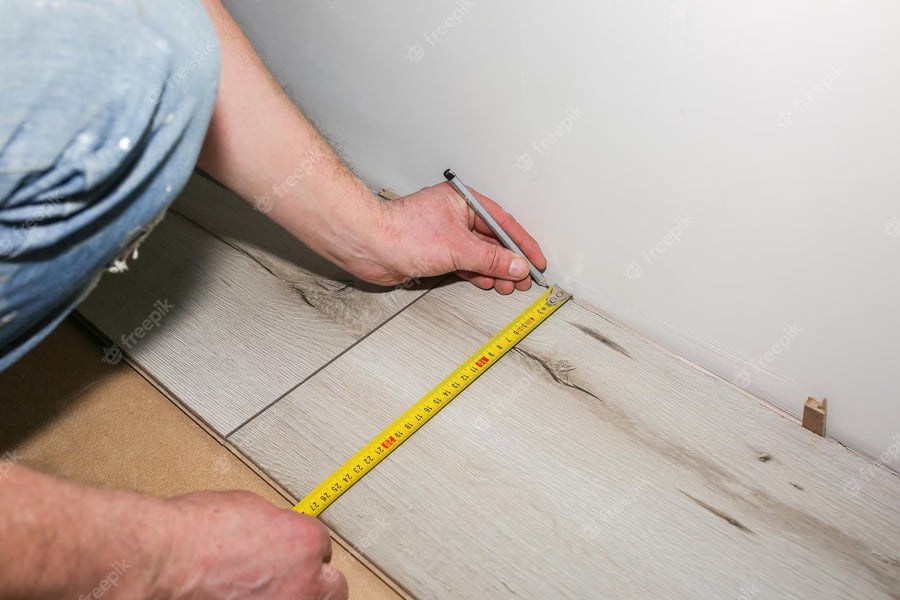
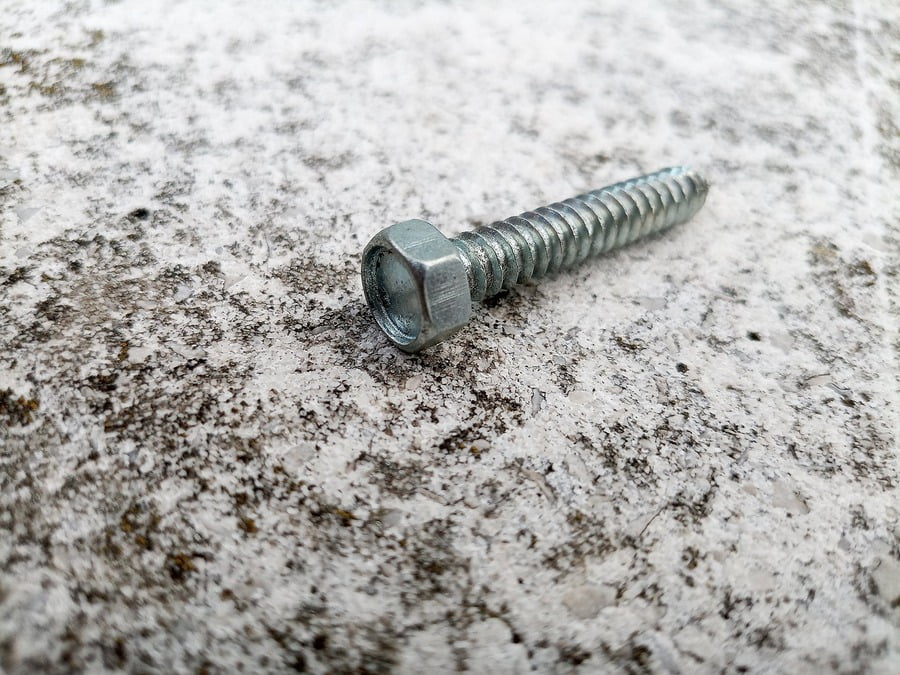
No Comments